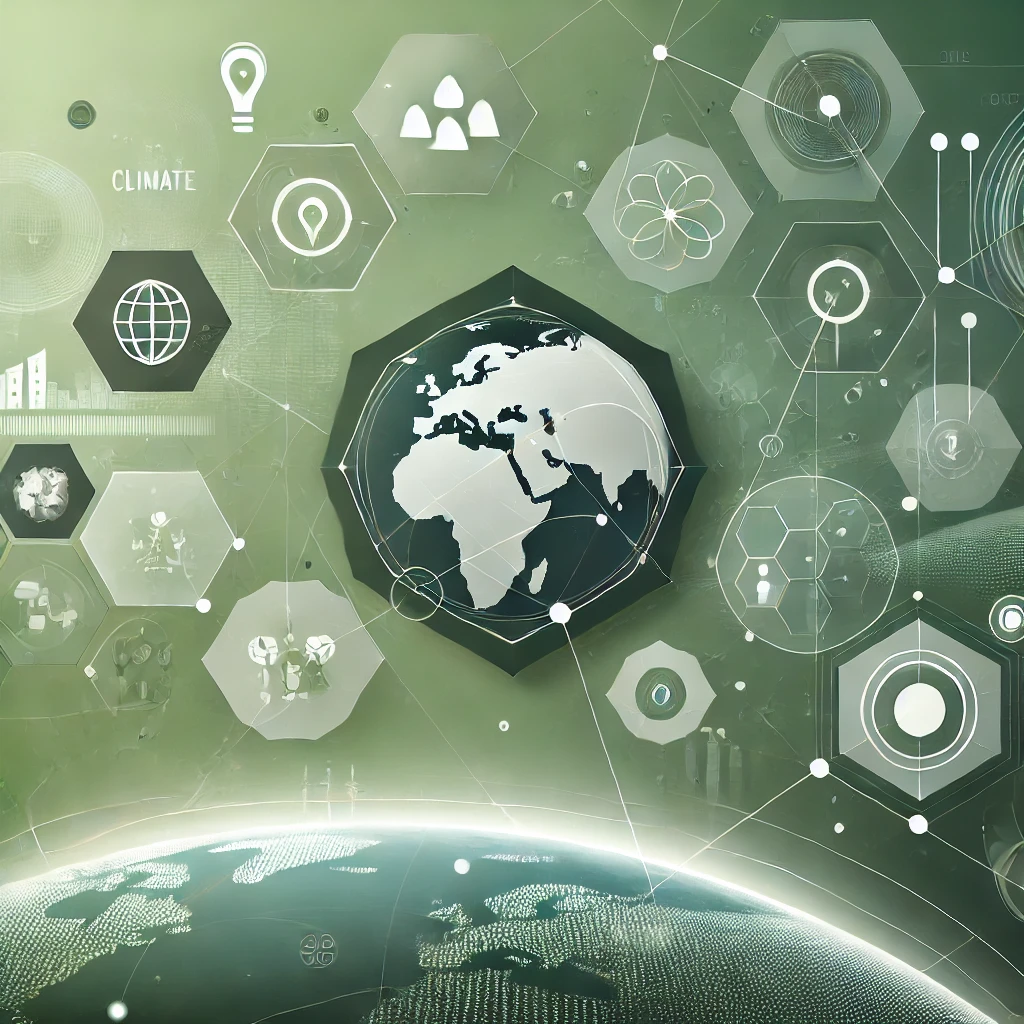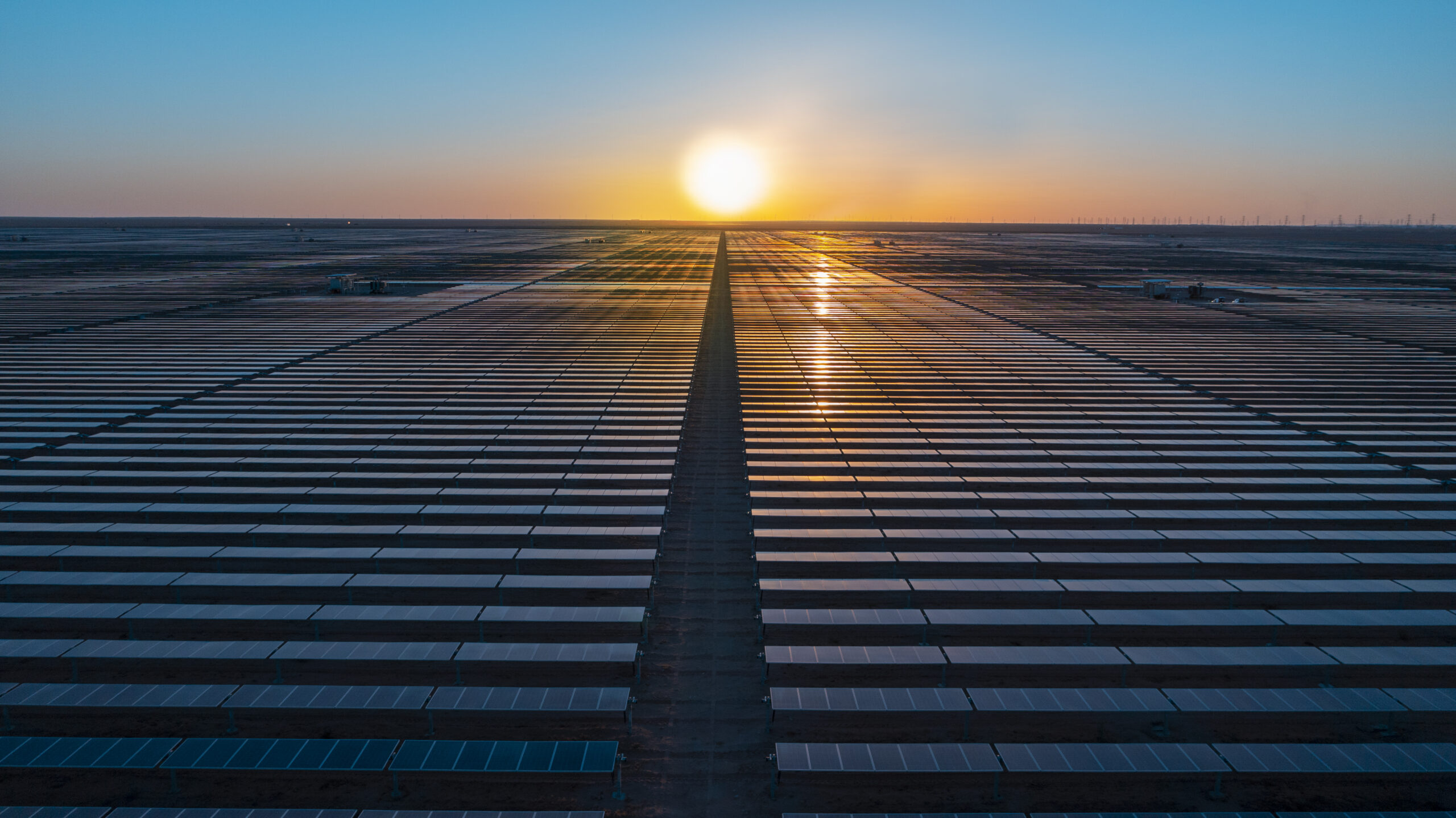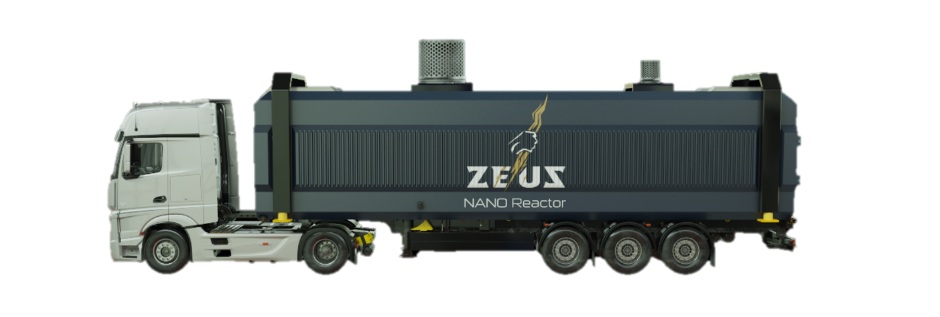As we step into 2025, the climate tech landscape continues to evolve with groundbreaking collaborations across industries. These partnerships are not only pushing the boundaries of innovation but also driving the global transition toward a sustainable future. Here’s a roundup of the most impactful alliances shaping the future of green technology.

1. Stellantis NV and Zeta Energy Corp: Redefining EV Batteries
Stellantis NV has partnered with Zeta Energy Corp to develop advanced lithium-sulfur battery cells. This next-gen battery technology promises:
- Increased range: Lighter batteries enabling longer EV driving distances.
- Faster charging: Charging times cut by up to 50%.
- Lower costs: Affordable alternatives to lithium-ion batteries.
- Sustainability: Produced using waste materials and methane, with lower carbon emissions.
This partnership is pivotal to Stellantis’ Dare Forward 2030 strategy, which aims to launch over 75 electric vehicle models by the decade’s end. Read More
2. Siemens and JetZero: Revolutionizing Air Travel
At CES 2025, Siemens and JetZero unveiled their plan to develop the world’s first fully digital, blended-wing aircraft. This aircraft promises:
- 50% improved fuel efficiency
- Noise reduction
- Zero carbon emissions by 2035
JetZero’s “Factory of the Future” in the U.S. will integrate Siemens’ automation and digital twin technology, allowing virtual simulations to optimize production before physical construction. Read More
3. Vale and GreenIron: Hydrogen-Powered Steel Production
Brazil-based Vale and Sweden’s GreenIron are collaborating to create a hydrogen-based iron ore supply chain. Key highlights:
- Green hydrogen replaces traditional fossil fuels in steelmaking.
- Flexible and cost-effective production in Sweden, with plans for a direct reduction facility in Brazil.
This partnership marks a significant step toward decarbonizing the steel industry for European markets. Read More
4. Enerdrape and ENGIE’s CIEC: Underground Energy Revolution
Swiss startup Enerdrape, in partnership with ENGIE’s CIEC, is deploying modular geothermal panels in Paris. These panels transform underground spaces, such as garages, into renewable heat and cooling sources.
- Pilot project: 130 panels in the 11th arrondissement of Paris, generating 40 MWh annually.
- Sustainability: Panels are recyclable, modular, and compatible with heat pumps. Read More
5. Citaglobal and LAWI Germany: Scaling Waste-to-Energy
Malaysia’s Citaglobal acquired a 55% stake in LAWI Germany to spearhead global waste-to-energy (WTE) projects.
- Focus: End-to-end WTE solutions without relying on imported tech.
- Expansion: Plans to export technology globally, enhancing sustainable waste management. Read More
6. Greenstat Hydrogen India and H2Carrier: Floating Green Ammonia Systems
This partnership between Greenstat Hydrogen India and Norway’s H2Carrier is set to transform hydrogen and ammonia production in India and Sri Lanka.
- Pioneering technology: H2Carrier’s P2XFloater, the world’s first floating green ammonia production system.
- Impact: Cost-effective, large-scale green hydrogen and ammonia facilities to aid regional decarbonization. Read More
7. NTPC REL and Deendayal Port Authority: Hydrogen Mobility in India
India’s NTPC Renewable Energy Limited and Deendayal Port Authority are promoting green hydrogen mobility at Kandla Port.
- Initiatives:
- A hydrogen fueling station.
- 11 hydrogen-powered buses to replace diesel-based transport.
- Objective: Reducing emissions and boosting energy security. Read More
8. BEEAH and Chinook Hydrogen: Waste-to-Hydrogen Plant in the Middle East
In Sharjah, UAE, BEEAH and Chinook Hydrogen are constructing the region’s first commercial-scale waste-to-hydrogen plant.
- Capacity: 7 tons of green hydrogen daily by 2027.
- Additional benefits: Biogenic CO₂ for alternative fuels and significant waste diversion.
This innovative project highlights the UAE’s commitment to hydrogen technologies. Read More
9. Newcleo’s Nuclear Ambitions in Slovakia
France’s Newcleo signed agreements to build up to four Generation IV lead-cooled fast reactors in Slovakia.
- Sustainability: Reactors will use spent nuclear fuel, closing the nuclear fuel cycle.
- Investment: €3.2 billion for a secure and sustainable energy future in Europe. Read More
10. Climate First and NextGen FDI: Boosting the UAE’s Climate Tech Ecosystem
The UAE Ministry of Economy’s NextGen FDI initiative has partnered with Climate First to accelerate climate innovation.
- Roadshow success: Five climate-tech companies—Climeworks, Energy Dome, ZeroAviva, Cylib, and Glasspoint—showcased transformative solutions like hydrogen-electric aviation and solar steam generators during Abu Dhabi Sustainability Week. Read More
Climate Insider Notes
As we navigate the rapidly evolving landscape of climate tech, partnerships like these reveal several key trends:
- Cross-Industry Collaboration: Alliances between traditional industrial giants and climate startups are becoming the norm, combining scalability with innovation.
- Focus on Localization: Many initiatives prioritize regional solutions tailored to local challenges, such as waste-to-energy in Southeast Asia or hydrogen mobility in India.
- Emerging Tech Frontiers: Novel technologies, from floating ammonia plants to modular geothermal panels, demonstrate the limitless possibilities in climate innovation.
- Global Policy Alignment: These partnerships align with international climate goals, signaling a proactive response to net-zero mandates.
As the demand for climate solutions grows, these game-changing collaborations serve as a blueprint for how industries can work together to drive meaningful impact.Stay informed with Climate Insider—your go-to source for in-depth analysis and updates on the innovations shaping our sustainable future.








